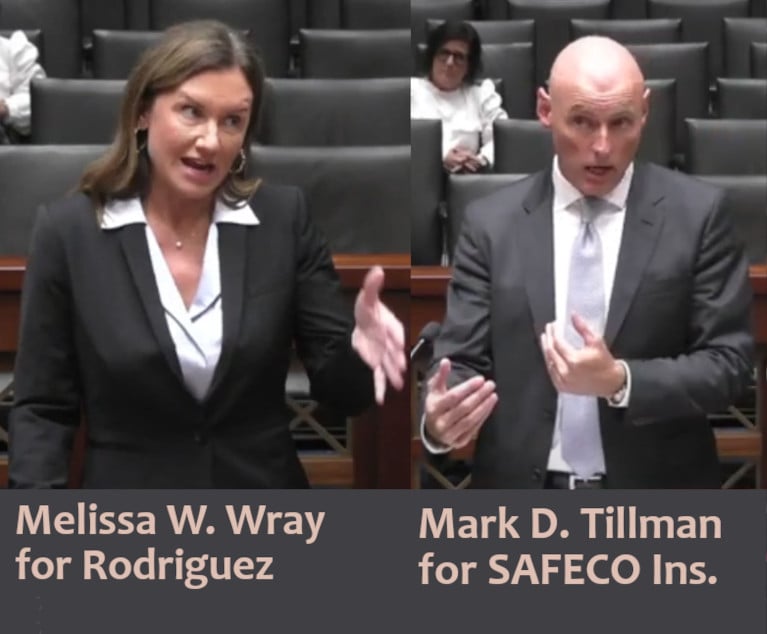When stay-home orders went into effect Tuesday in Texas’ largest metro areas, it stirred confusion among divorced parents who share custody of their children.
Stay-home orders have required Texans to remain at home, except if they need to go out for groceries, medication or health care appointments. People can’t go into work unless they are in certain essential jobs, although anyone can work from home. The stay-home orders restrict travel for unapproved purposes.
That’s why ex-spouses didn’t know if they were allowed to travel to bring their children back and forth to the other parent.
“There was confusion about whether the stay-at-home order trumped or the court order trumped,” said Texas Supreme Court Justice Debra Lehrmann. “We just issued another clarification that the custody order is the one that governs the situation.”
The high court issued an emergency order on Tuesday that applies to possession schedules under suits affecting the parent-child relationship. The order says that a person’s right to possession of and access to a child will still be decided under the parents’ court-ordered possession schedule.
“Possession of and access to a child shall not be affected by any shelter-in-place order or other order restricting movement issued by a governmental entity that arises from an epidemic or pandemic, including what is commonly referred to as the COVID-19 pandemic,” the order said.
Lehrmann noted that attorneys and judges who were concerned about the issue have been contacting the Texas Office of Court Administration, the Texas Children’s Commission and the State Bar of Texas Family Law Counsel. That’s how the high court knew to take action.
“When we figured out it’s an issue that’s really causing some serious challenges for families, then we conferenced,” Lehrmann explained. “We’ve been conferencing daily on emergency issues that are coming up.”
This is the second emergency order that the Supreme Court has issued to clarify a family law issue dealing with child custody. Many school districts closed because of COVID-19 by announcing they were “extending spring break.” Parents sharing custody of a child were in dispute about whether it meant one of them got to keep a child longer, or if they had to return the child as normal. The high court determined the originally published school schedule should control the return of the child.
Related story:
As COVID-19 Disrupts Spring Break, Texas Supreme Court Resolves a Key Custody Dispute
NOT FOR REPRINT
© 2024 ALM Global, LLC, All Rights Reserved. Request academic re-use from www.copyright.com. All other uses, submit a request to [email protected]. For more information visit Asset & Logo Licensing.


 Photo: Konstantin Christian/Shutterstock.com
Photo: Konstantin Christian/Shutterstock.com






